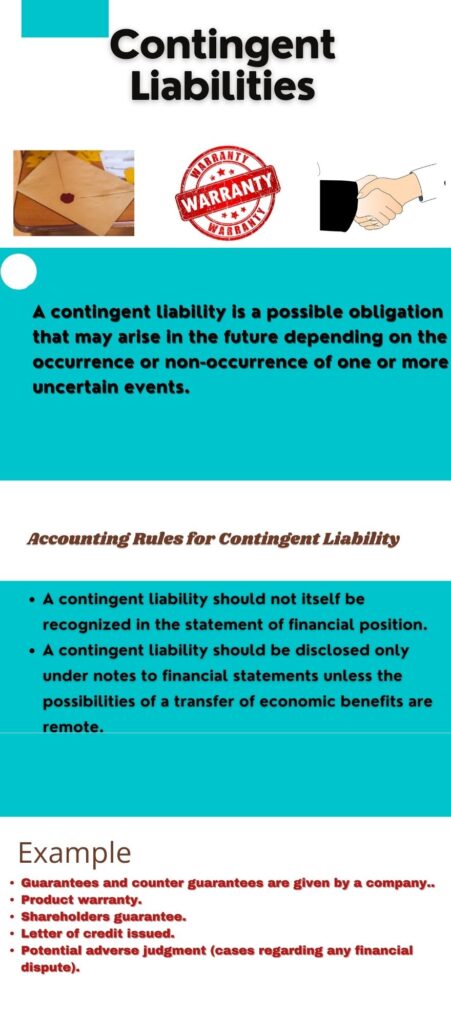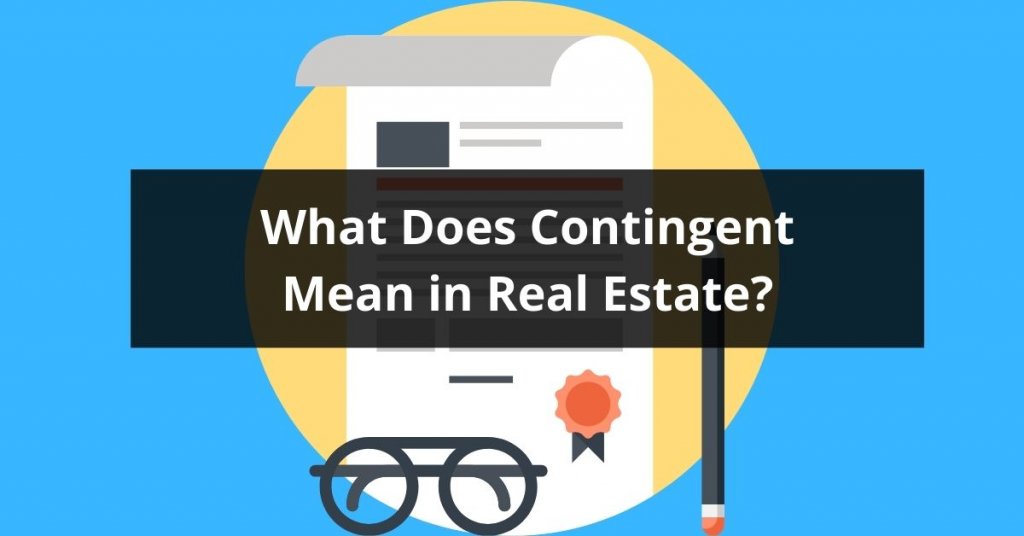What Does Contingent Mean In Real Estate?
Table Of Content

If you’re interested in selling for cash, consider using HomeLight’s Simple Sale platform to ensure your best home sale possible. Simple Sale brings together one of the largest networks of cash buyers in the U.S., slashing your closing timeline and letting you choose your move-out date. Essentially, we compare sites like “We Buy Houses” to nearly every other option you could find and present you with the best offer. Simply answer a few questions about your home, and you can receive a no-obligation all-cash offer in as little as a week. Most real estate contracts — or roughly 80% — contain contingencies, according to data from the National Association of Realtors (NAR).
Short sale contingent
It’s probably best to talk with the listing agent to see if they’re still accepting offers. A deal with fewer contingencies will likely move faster than one with many. And a deal with no kick-out clause may take particularly long, because there is no deadline set for the buyer to meet all necessary criteria. Here are a few different types of contingent listings that you might see on the market. Just know that if there’s no kick-out clause, there’s very little chance the seller will even get an opportunity to consider your offer. We’ll explain what that means in practice and how prospective buyers should think about contingent homes.
Common real estate contingencies
You may have encountered various sales statuses online, including contingent real estate listings, when searching for a home for sale. Beyond just "for sale" and "closed," you may have also seen other common sales statuses such as "pending" or "contingent." Sometimes, owners can accept other offers while their home is contingent.
How Does Including a Contingency Protect Buyers?
When a property is marked as pending, an offer has been accepted by the seller and all contingencies have been satisfactorily addressed or waived. A home will remain in the pending state until all legal work has been processed. Technically, yes – although your real estate agent might advise you to focus your time and energy on other homes. Amy Fontinelle is a freelance writer, researcher and editor who brings a journalistic approach to personal finance content. Since 2004, she has worked with lenders, real estate agents, consultants, financial advisors, family offices, wealth managers, insurance companies, payment companies and leading personal finance websites.
If the buyer is restricted from including contingencies with their offer, they may be forced to move onto other homes and will be unable to put in an offer at all. If the issues are not resolved or the price is not reduced, the buyer will have the option to step away from the deal. There are many ways to negotiate the deal after the home has been inspected. However, not all sellers will want to back out of their current offer. However, they absolutely can if a better option comes along or they are not confident about the current offer. Once the agents are satisfied with the contingencies, the sale will move to pending.
At HomeLight, our vision is a world where every real estate transaction is simple, certain, and satisfying. Therefore, we promote strict editorial integrity in each of our posts. According to the National Association of Realtors’ May 2022 confidence index survey, contracts typically close within 30 days. From March 2022 to May 2022, 7% of contracts were terminated, while 21% of contracts didn’t close as planned because of appraisal issues. Our partners cannot pay us to guarantee favorable reviews of their products or services.

Now, the seller is taking backup offers in case their deal falls through. If you love a property that’s listed as contingent, it might be worth having your real estate agent contact the seller’s agent to see how the contract is structured. However, the contingency clauses in the purchase contract let the buyer get out of the deal for specific reasons without losing their earnest money. A listing classified as “active” means the home is currently for sale and potential buyers are welcome to view the home and make an offer. A home listed as “pending” means a closing date has been set and all contingencies have been met. Even though both parties agree on a sale price, the lender can’t offer you a mortgage that’s larger than what the home is appraised for.
Selling a House With No Contingencies
A home inspection contingency allows buyers to conduct a professional inspection of a property before they purchase it. This can give buyers a heads up on any potential problems and necessary repairs. The contingency may outline the maximum amount that the buyer is willing to pay to repair the home. For example, it could allow them to back out of the purchase if expected repair costs exceed $10,000. In hot real estate markets, buyers who are facing stiff competition sometimes waive the inspection contingency. The seller accepted an offer on their home, but something has hit a snag in the final stages; perhaps there was an issue with a contingency on the offer.
Although it doesn’t guarantee you’ll close on the home, it does mean you could be first in line should the current contract fall through. Even though buyers may be pre-approved for financing, finalizing the process involves diving deeper into their financial matters. Sometimes unanswered debts come up or loan seekers have overestimated their assets. Now that you understand common contingencies, you’ll be better prepared when you come across an active listing that you want to make an offer on while house shopping.
For a home that is listed as pending, there is an agreement in place, all contingencies have been addressed, and the deal is on the cusp of being completed. At this stage, the contract has been executed due to its required conditions being met. It is still possible for a deal in this situation to fall through, usually due to a home inspection or financing issues. Some real estate agents may not be willing to accept offers on homes where a sale is pending. Still, there is no harm in asking, as there is no legal barrier to making an offer on a house until the sale is final. A kick-out clause is a provision in a real estate contract that gives the seller the flexibility to continue marketing their property even after accepting a contingent offer.
Of course, if you thoroughly research the neighborhood in advance, you won’t need this clause. Rocket Homes Real Estate LLC is committed to ensuring digital accessibility for individuals with disabilities. We are continuously working to improve the accessibility of our web experience for everyone, and we welcome feedback and accommodation requests. If you wish to report an issue or seek an accommodation, please contact us at We provide peace of mind that your home will sell, plus list your home on the market to maximize your earnings.
What Does Contingent Mean in Real Estate? - Better Homes & Gardens
What Does Contingent Mean in Real Estate?.
Posted: Mon, 25 Mar 2024 07:00:00 GMT [source]
Connect with a top agent near you to get an expert opinion on how much your house will sell for, what to fix before listing, and the latest local housing market trends. We believe everyone should be able to make financial decisions with confidence. An escalation clause states a buyer is willing to raise their offer if a seller receives a higher offer. Let’s look at different types of contingent versus pending statuses and explore what they mean.

It is usually easier to sell a house before buying another one, but financing and timing don't always work out perfectly. A home sale contingency gives the buyer time to sell and settle on their existing home to finance the new one. This contingency protects buyers if their current home does not sell because the buyer can back out of the contract without legal repercussions.
But this compensation does not influence the information we publish, or the reviews that you see on this site. We do not include the universe of companies or financial offers that may be available to you. When searching the market for a new home, you’ll run across properties in several states of activity.
This lets the seller rent the house for a specified time after the closing. The arrangement delays the buyer’s move-in date, but at least they’re (almost always) assured of getting the house. Knowing this, some buyers offer a higher sale price to compensate for the contingencies. Others, waive less-essential contingencies to make their offers more attractive. Some buyers, especially those desperate for the home, even waive all the contingencies.
Comments
Post a Comment